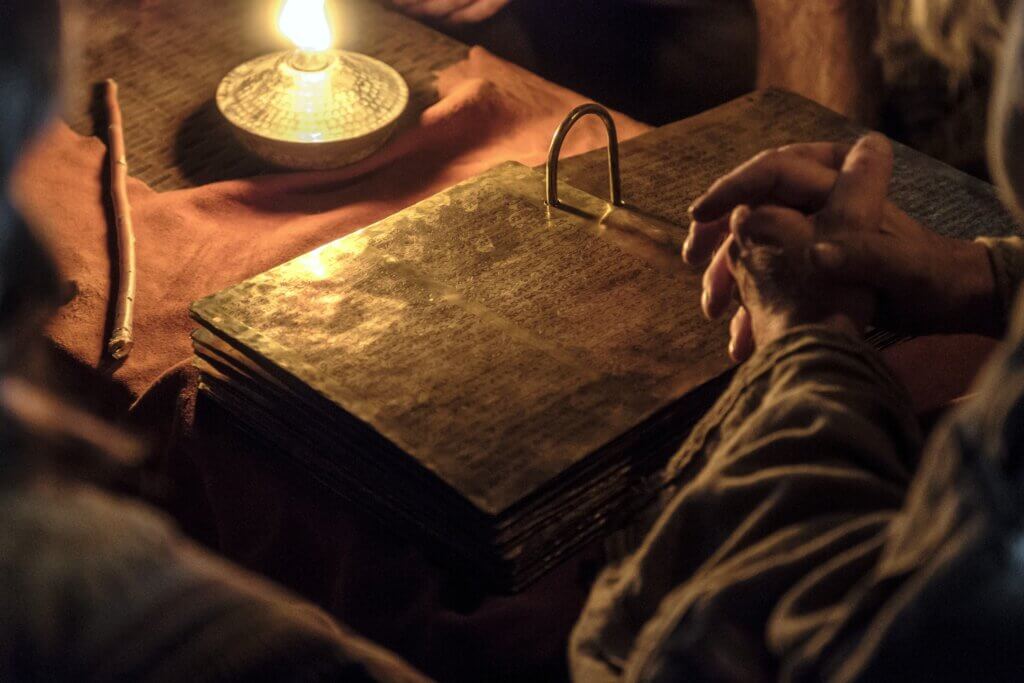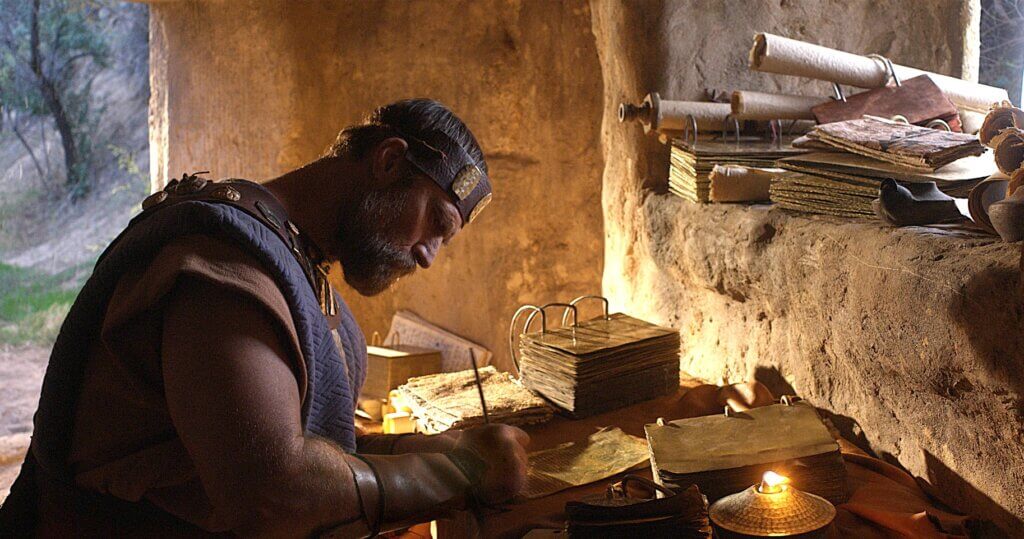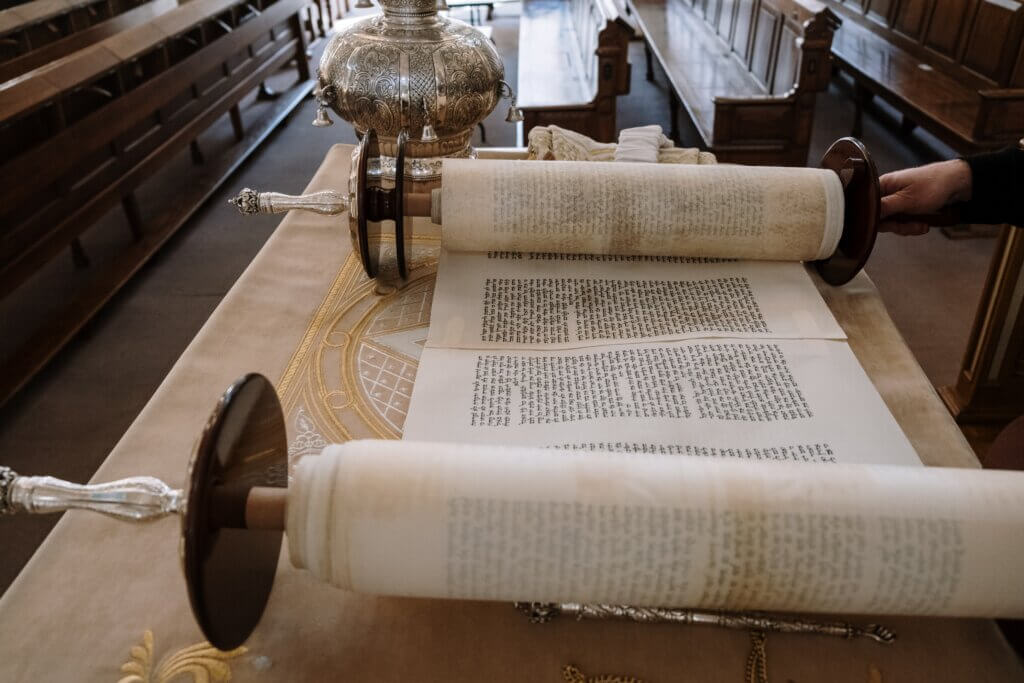Gadianton Apocalypse
Where do we imagine current societal trends will take us if left unchecked? Have we passed a point of no return? Will any people of God remain who won’t fall prey to sodomite ideologies, foolhardy economics, criminal politics, and watered down religion? When leaders abolish the “traditional ways” (Isaiah 3:12) that made this nation great, […]
Gadianton Apocalypse Read More »













